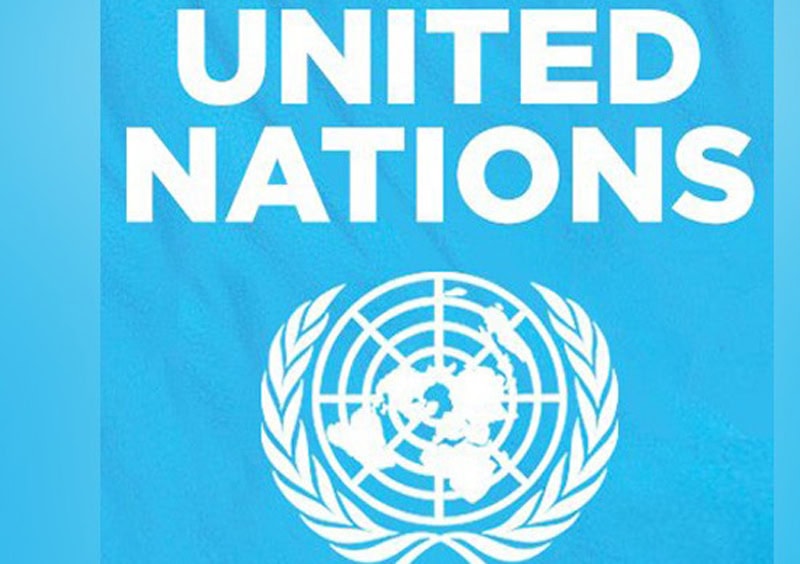Beirut: Staffan de Mistura announced Wednesday he will resign as UN envoy to Syria, becoming the third person to quit the post after years of fruitless efforts to end the country’s war.
De Mistura, who said he was leaving for “purely personal reasons”, organised nine rounds of indirect negotiations in Geneva and Vienna between the warring parties, without results.
The war, which broke out in March 2011, has left 360,000 dead and displaced more than half of the population, millions of whom have fled the country.
– Kofi Annan: did his ‘best’ –
On February 23, 2012, the UN names its former secretary-general Kofi Annan to represent both it and the Arab League in efforts towards ending “violence and human rights violations, and promoting a peaceful solution to the Syrian crisis”.
Annan visits Damascus several times to meet President Bashar al-Assad. In April he puts forward a six-point peace plan backed by the Security Council, providing for a reciprocal ceasefire from April 12.
It never takes hold.
Annan resigns on August 2 after months of fruitless efforts, saying he has done his “best” and complaining the plan did not receive the support it deserved from major powers.
“The increasing militarisation on the ground and the lack of unanimity in the Security Council fundamentally changed my role,” he says.
“I did not receive all the support that the cause deserved,” he adds, implicitly referring to Russian and Chinese vetoes of three Security Council resolutions on Syria since the start of the crisis.
Since 2011 Russia has used its veto 12 times to protect its Syrian ally from Western pressure.
– Brahimi: ‘sad’ to leave –
On August 17, 2012, former Algerian foreign minister Lakhdar Brahimi takes over from Annan as UN-Arab league envoy to Syria.
In September he urges “all parties to stop the violence,” adding that “the government assumes greater responsibility” for the cessation of hostilities.
In January and February 2014, he organises the first face-to-face negotiations between the Syrian government and opposition in Geneva, under the leadership of the United States and Russia.
However he comes up against the regime’s refusal to discuss the fate of Assad.
On May 13, after less than two years of fruitless efforts, Brahimi also resigns.
He says he is “very sad … (to) leave Syria behind in such a bad state” and that the situation in Syria is “very difficult, but not desperate”.
Syria welcomes the resignation, having accused Brahimi of bias and interference in its internal affairs after he criticised its planned June 2014 presidential election as a blow to peace efforts.
[source_without_link]AFP[/source_without_link]

